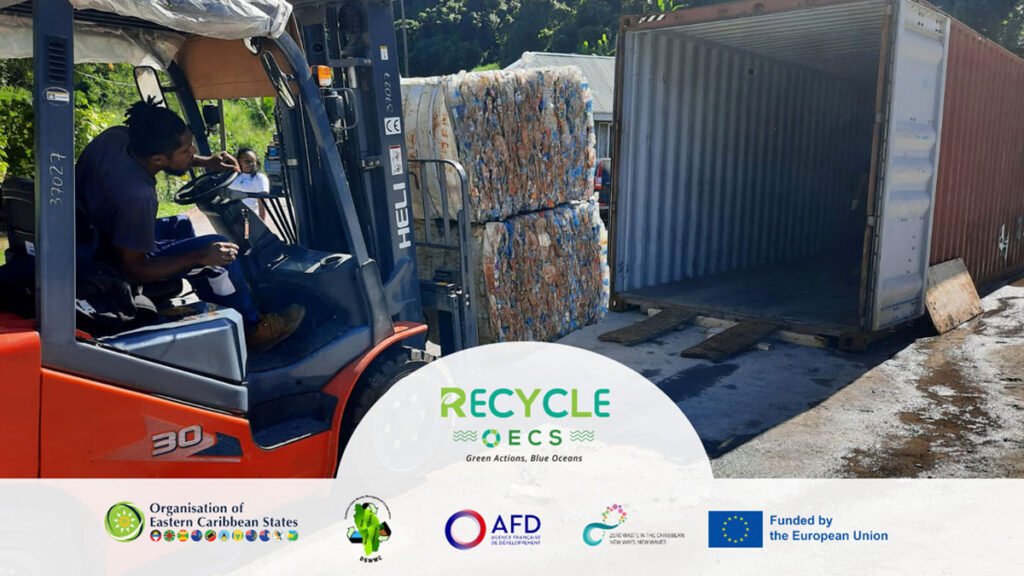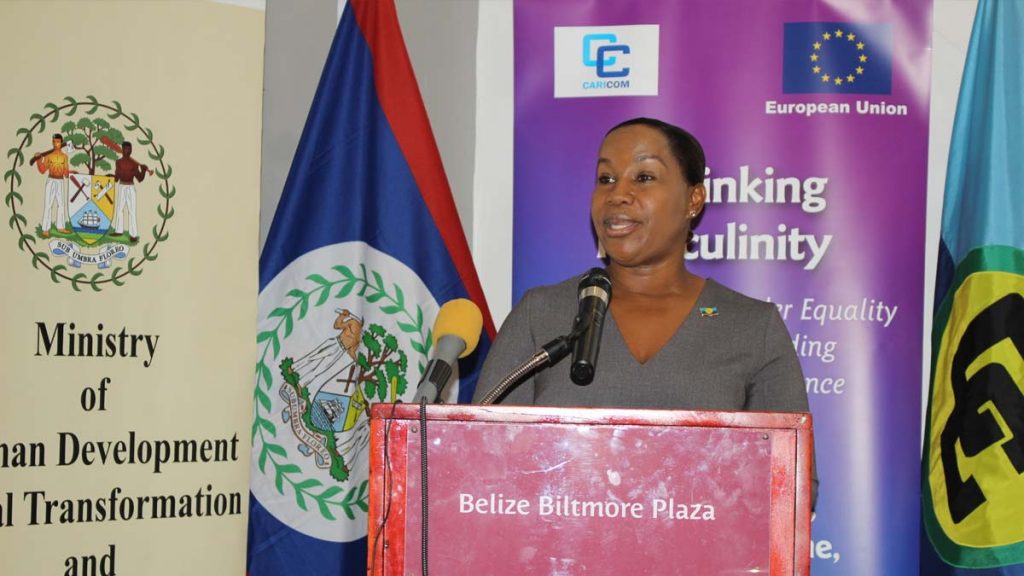OECS partners convene in Saint Lucia to assess how to improve disaster preparedness
Written by Radio Caribbean International on October 29, 2019
Representatives from 12 OECS Member States met on 17th and 18th October, in Saint Lucia, to assess how they can enhance preparedness for natural hazards, such as hurricanes, floods and droughts, when weather forecasts show that trouble is on the way.
The 50 participants looked at how forecast information could be used to trigger emergency actions, such as checks on critical infrastructure, distribution of supplies to secure property, and evacuations, that would reduce the impacts of natural hazards on communities. This proactive approach, which seeks to reduce damage before a disaster occurs – rather than waiting to clear up afterwards – is called ‘forecast-based early action’.
The event was hosted by the OECS Commission, with the support of the French Development Agency (AFD)’s Adapt’Action programme, and run by the Overseas Development Institute, the Red Cross Red Crescent Climate Centre and Ramboll Consulting.
Caroline Eugene, Permanent Secretary at the Department of Sustainable Development, Saint Lucia, opened the workshop, saying:
“We have been reminded of how fragile our countries are as we witness the devastation of (Hurricane) Dorian on our neighbours. Could we have been better prepared? We have to cushion the deadly blows that are meted out to us year after year.”
Ms Eugene added that in light of recent damage from natural hazards in the Caribbean, OECS member states should seek innovative ways to pursue forecast-based early action. The approach could significantly improve the lives of vulnerable populations.
“We must ensure that measures are in place to adapt our institutional frameworks,” she said. “We must also systematically assess and adapt to the financial framework demanded by disasters.”
The workshop brought together a broad mix of stakeholders, including representatives from meteorological agencies, environment and planning departments, disaster risk management agencies, humanitarian organisations, sectors at high risk from natural hazards (such as Health and Agriculture), local authorities and indigenous peoples’ representatives.
Workshop attendees learned about successes in applying forecast-based early action in Peru and they analysed opportunities for taking similar actions in response to natural hazards in the Caribbean, such as rainy and windy hurricanes and droughts.
Participants took stock of OECS members’ existing resources and debated how these could be marshalled to protect lives and assets more effectively when an extreme weather event is forecast. They especially focused on how OECS members could pool their resources so as to help each other when needed. Participants’ ideas are being compiled into recommendations for a forecast-based early action mechanism for the OECS, which will be presented to Ministers for feedback next year.
According to Crispin d’Auvergne, Programme Coordinator for Climate Change and Disaster Risk Management at the OECS Commission: “This workshop has been extremely valuable in raising awareness and interest in forecast-based early action and in gaining the perspectives of participants. We at the OECS truly look forward to the recommendations which, once finalised, will lay the basis for advancing forecast-based early action in the OECS region.”





